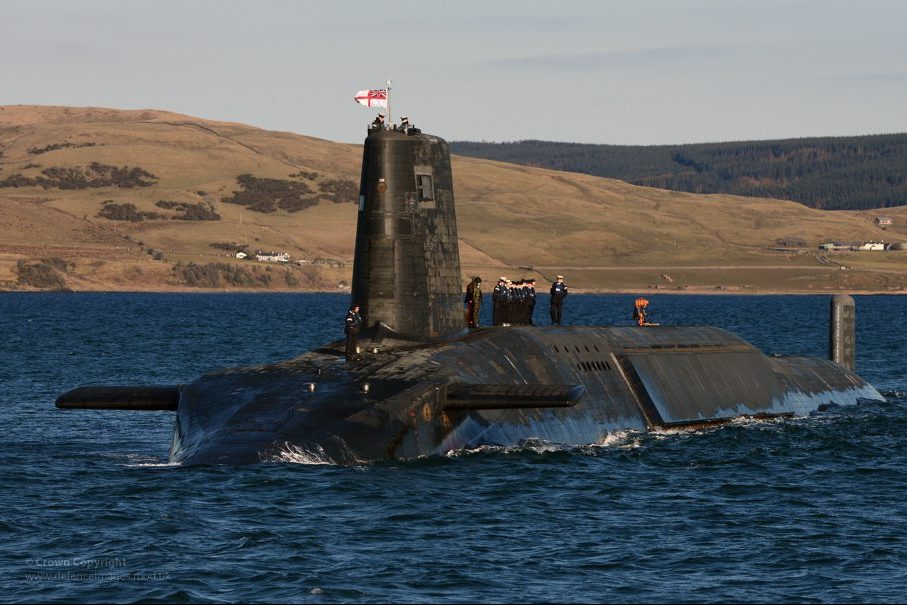Professor Nick Grief, Kent Law School and Dean for Medway, is one of the barristers instructed by citizens groups who want to prosecute the Prime Minister and Secretary of State for Defence for conspiracy to commit a war crime.
During a debate in Parliament in July 2016, when asked if she was ‘personally prepared to authorise a nuclear strike that could kill 100,000 innocent men, women and children’, the Prime Minister replied: ‘Yes. The whole point of a deterrent is that our enemies need to know that we would be prepared to use it.’
PICAT, Public Interest Cases Against Trident, involves five citizens’ groups from across the United Kingdom who claim that the Prime Minister and the Secretary of State for Defence have committed a criminal offence contrary to section 51 of the International Criminal Court Act 2001 and section 1 of the Criminal Law Act 1977. Their case requires the consent of the Attorney General, the chief legal adviser to the Crown, if it is to proceed.
PICAT instructed its lawyers to submit legal arguments and a draft indictment, along with supporting material, and is still awaiting the Attorney General’s decision.
The case is the subject of the first of this year’s talks organised by the Centre for Critical International Law (CeCIL), entitled: Trident and the law: will the Prime Minister and the Defence Secretary be prosecuted for conspiracy to commit a war crime?
Professor Grief will discuss the legal issues and explain how people are trying to use the criminal law to hold the Prime Minister and Defence Secretary to account for threatening to use nuclear weapons.
The lecture takes place in the Friends Meeting House, 6 the Friars, Canterbury CT1 2AS on Monday 27 November at 19.00. Doors open at 18.30 with light refreshments available.
The second speaker in the CeCIL series is Dr Jastine Barrett, Kent Law School, whose talk centres on her research work on children’s rights after the genocide in Rwanda. Entitled What a difference a day makes: Child Perpetrators of Genocide in Rwanda it will be held on Monday 5 February 2018 at 19.00.

